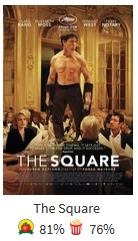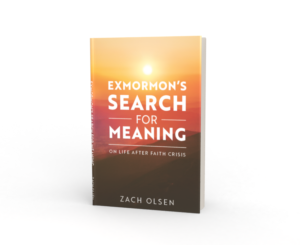I saw: “I am a 38-year-old man who had never watched a minute of Star Wars — until I binged all of them on Disney+ over quarantine”
I clicked.
I read.
It was as forgettable and unreveletory as I should have expected.
Afterwards I asked myself, Why did this click bait work on me? After the innumerous opinions of Star Wars I have read, watched and expressed myself, what benefit could one more review, written by someone who has never seen the movies, possibly hold?
What was (am) I seeking?
First, this article belongs in the “reaction” genre made popular on youtube. The typical reaction video includes watching someone watch something, that is hilarious or surprising, usually for the first time. This genre is not without its merits. Try not to smile while watching this reaction video of two teens listening to Jolene by Dolly Parton for the first time:
As for finding a reason for my interest in the opinion of someone binge-watching Star Wars for the first time: Is it because I’m longing for an experience to confront my creeping unease of not feeling “normal”? As a male/white/heterosexual, I’ve benefited from the perception that my version of “normal” matches what my culture sees as “normal.” At a time of increasing cultural difference, what is “normal” is under threat — and thank goodness it is. “Normal” is worthy of whatever resentment it gets. So perhaps my interest in having a Star Wars first-timer conclude what I have long concluded about Star Wars stood to offer a bit of comfort by reaffirming the universality of human nature. At least everybody likes Star Wars, right?
Or: In my mid-thirties, father of four children, sheltered deep within suburbia, I’ve made my bed, and must resign myself to lie in it — therefore, I’m yearning for feelings associated with “first times.” At this stage in my life I have done all the heroic work of acquiring and choosing and now am in the unsexy and relentless era of maintaining all those choices. Apparently, I’ve got another 10 years of this increasing life dissatisfaction until I’m 47.2 years old, at which point my discontent with life finally hits a tipping point and I’m able enjoy myself. Ten years feels pretty heavy, so if I can get a moment’s respite by vicariously recapturing what it was like to experience Star Wars for the first time I’ll take it, goddammit.
Or: Do I really like Star Wars or some warped perception of Star Wars that only exists in my head because of my years of being immersed in it? When I watched the latest train-wreck, The Rise of Skywalker, was I watching it or a story of it my brain generated? Between the stimulus of the movie reaching my brain and my response to it, how much of my reaction was unconsciously bent to meet my desires or expectations? Perhaps the review could reveal the latticework of preconceived notions and stories that I brought to my viewing. Of course the article wouldn’t reveal anything I didn’t already know about Star Wars–what it could do was serve as a reminder of the legion of biases that I see the world through. Recognizing yet another unknown bias could provide a dose of humility that could serve me in my attempts to come to terms with more pressing issues than the watchability of a billion dollar conglomerate’s intellectual property.
Or: I’m living amidst a global pandemic/economic depression/threatened democracy/warming planet and I just need some diversion.











